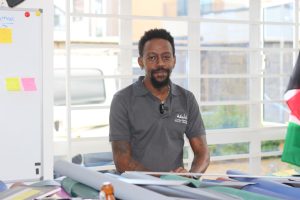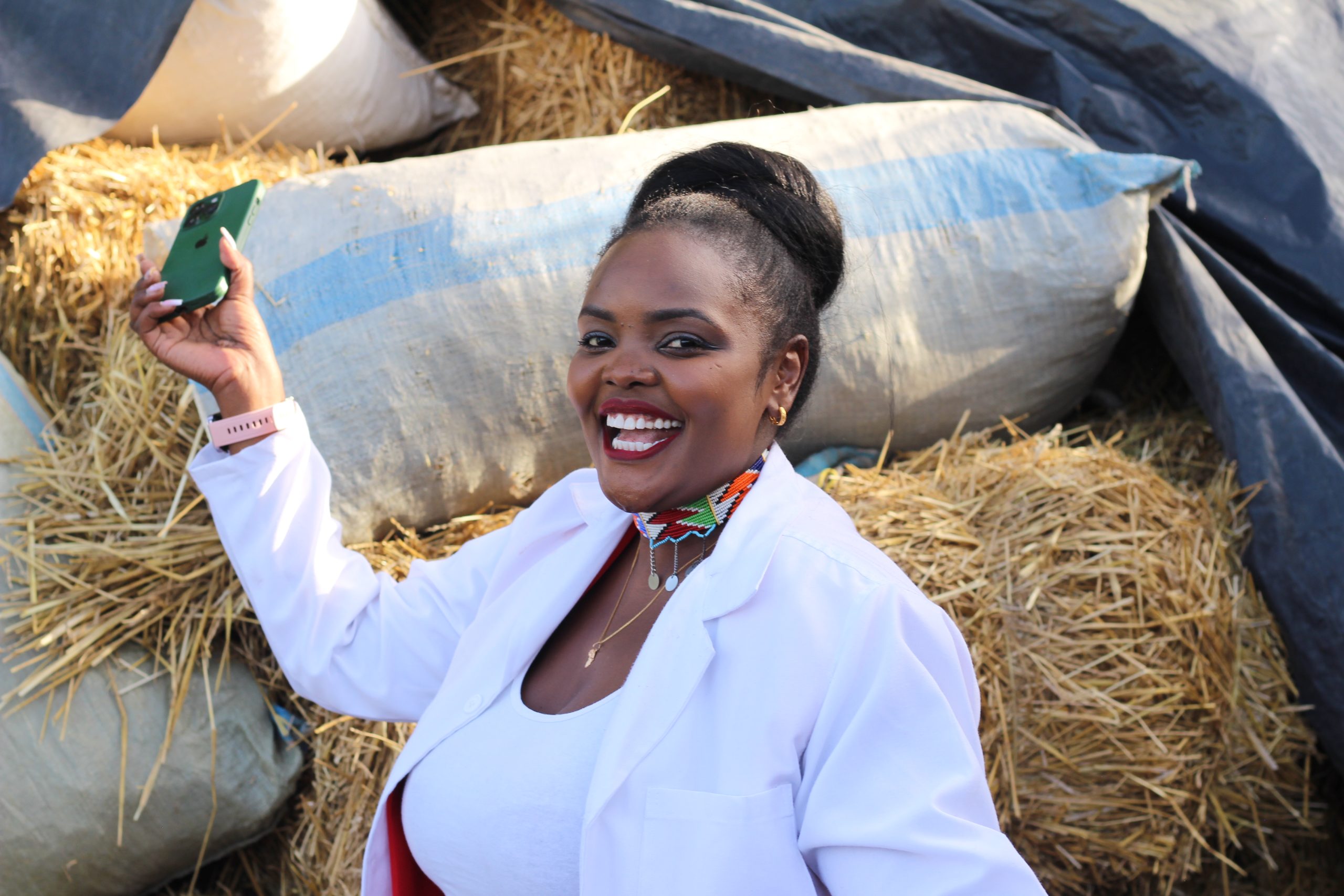
Wangari Kuria, Farmer on Fire
Today we embark on a journey through the entrepreneurial landscape of Wangari Kuria, affectionately known as the Farmer on Fire.
With her pioneering spirit and dedication to sustainable agriculture, Wangari has emerged as a beacon of inspiration for aspiring entrepreneurs in Kenya and beyond.
Join us as we delve into her innovative farming techniques, her mission to empower urban communities, and her vision for the future of agriculture.
Introducing Wangari Kuria with Passion for Agriculture
Q: Wangari, could you share with us how the Farmer on Fire came to be?
Wangari: . The Farmer on Fire was born out of a desire to ignite a passion for agriculture in others and create positive change in our food system.
Innovative Farming Techniques
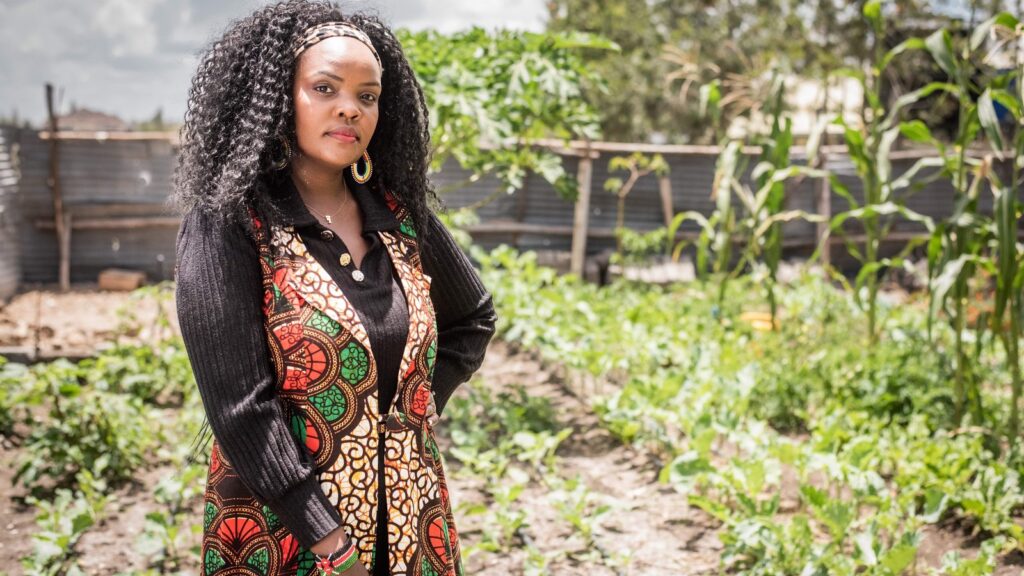
Q: Your approach to farming emphasizes innovation and sustainability. Can you tell us more about the techniques you use and how they contribute to your success?
Wangari: Absolutely. At the Farmer on Fire, we employ a variety of innovative farming techniques to maximize productivity and minimize environmental impact. From soilless agriculture to vertical farming, we leverage cutting-edge methods to grow crops in small urban spaces.
By harnessing the power of technology and sustainable practices, we’re able to achieve higher yields while conserving resources.
Mushroom Farming A Lucrative Venture
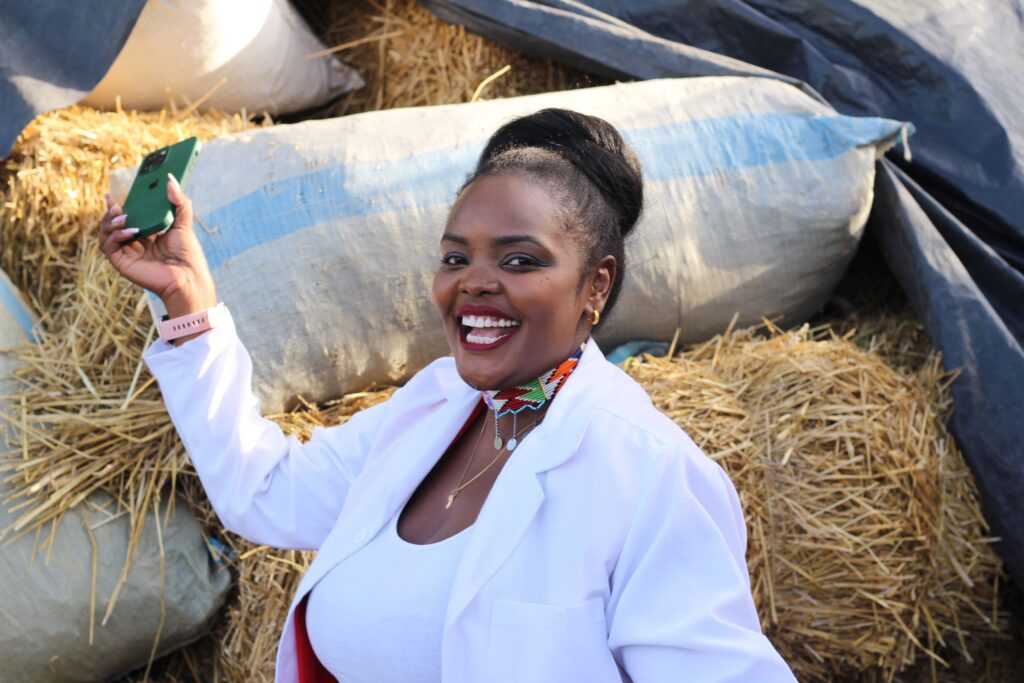
Q: Mushroom farming is one of your specialties. What drew you to this particular crop, and how do you make it a profitable venture?
Wangari: Mushrooms have always fascinated me due to their nutritional value and versatility.
They also present unique opportunities for urban farming, as they can be grown indoors with minimal space and resources. By focusing on high-value varieties like oyster mushrooms and experimenting with medicinal mushrooms, we’ve been able to tap into a lucrative market niche.
Additionally, our commitment to quality and sustainability sets us apart and allows us to command premium prices for our products.
Empowering Urban Communities
Q: Your work extends beyond farming to include community empowerment initiatives. How do you engage and empower urban communities to participate in agriculture?
Wangari: Urban communities often face barriers to accessing fresh, nutritious food and economic opportunities in agriculture. That’s why we’re dedicated to providing training, resources, and support to empower individuals to become urban farmers.
Through workshops, educational programs, and community partnerships, we’re helping urban residents reconnect with the food they eat and take control of their own food production.
Sustainable Farming Practices
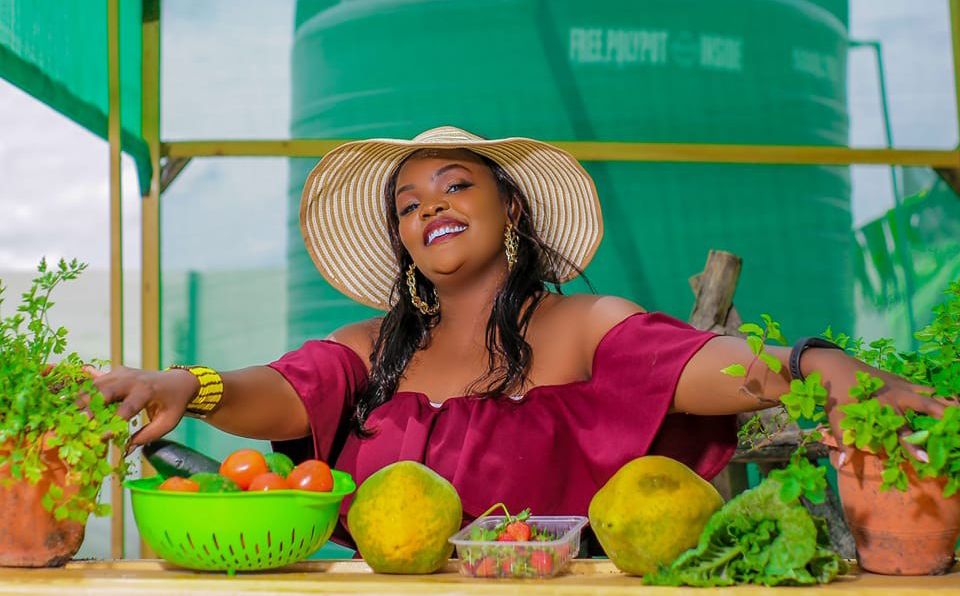
Q: Sustainability is a core value of the Farmer on Fire. Can you share some of the sustainable farming practices you employ and their impact on the environment?
Wangari: Sustainability is at the heart of everything we do at the Farmer on Fire. We prioritize practices that minimize waste, conserve water, and promote soil health. For example, we use organic waste as compost to enrich our soil and reduce the need for chemical fertilizers.
We also practice water conservation techniques such as drip irrigation and rainwater harvesting to minimize water usage. By adopting these sustainable farming practices, we’re able to protect the environment while producing healthy, high-quality crops.
Overcoming Entrepreneurial Fear

Q: Fear of failure is a common barrier for many aspiring entrepreneurs. How have you personally overcome this fear, and what advice would you offer to others facing similar challenges?
Wangari: Fear of failure is natural, especially when venturing into the unknown territory of entrepreneurship. However, I’ve learned that taking risks and embracing uncertainty are essential steps on the path to success.
By reframing failure as an opportunity for growth and learning, I’ve been able to overcome my fears and pursue my passion with confidence. My advice to others is to acknowledge their fears but not let them hold them back. Instead, use fear as a motivator to take action and pursue your dreams.
Measuring Success and Impact
Q: How do you define success in your farming ventures, and what impact do you hope to make in the agricultural industry?
Wangari: My ultimate goal is to create a more resilient, equitable, and sustainable food system for generations to come.

Closing Thoughts
As our conversation with Wangari Kuria comes to a close, her passion for agriculture and commitment to sustainability shine through.
Through her innovative farming techniques, community empowerment initiatives, and unwavering determination, Wangari is leading the way towards a brighter future for Kenyan agriculture.
With her guidance and inspiration, she’s proving that entrepreneurship and environmental stewardship can go hand in hand, paving the way for a more prosperous and sustainable future for all.

